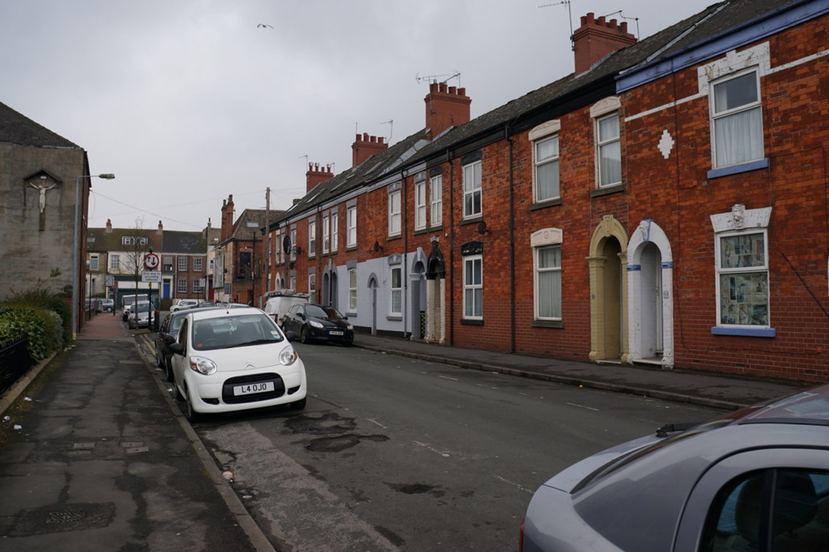In the UK we have two main forms of property ownership, freehold and leasehold. What are these forms of ownership, and how do they differ?
Freehold ownership
If you own the freehold of a property you own both the land and the building built upon it. Property law in the UK is complex and ancient, but the basis of freehold is that you have no superior landlord and that subject to planning requirements and any other restrictions on the deeds, you are free to use the land as you wish.
Leasehold property ownership
Leasehold ownership has become a controversial topic in recent times, due to some developers selling new build houses as leasehold. However, it has been the traditional form of ownership for flats and apartments and also for some houses, particularly in the north of England.
All leasehold property owners own their land subject to a freehold of the same property: they have a landlord. A lease can be for any ascertainable term but the most usual periods for residential property are 99 years, 125 years and 999 years. As a leaseholder you never own the land itself, but you have the right to occupy it for the term of the lease. At the end of the term a leaseholder needs either to return the property to the freehold owner, the landlord, or negotiate a lease extension or new lease. A 999 year lease is known as a virtual freehold.
It is possible for leasehold owners to apply to extend the terms of their lease under some circumstances, and also to buy the freehold or a share of it.
Leasehold is often used when it is necessary to regulate the use and repair of separate properties in a larger building and the rights those properties enjoy over common areas. Leases are necessarily complex and detailed documents. You will need a solicitor to check the terms of the lease against mortgage lenders’ requirements and carefully explain the terms to you. There can be many restrictions, repairing obligations and charges.
Search for conveyancing solicitors near me to give you a quote for freehold or leasehold conveyancing, click here for local conveyancing solicitors.
It is never advisable to try to cut corners on your conveyancing, but especially so if the property you are buying or selling is leasehold due to the additional complexities involved.
